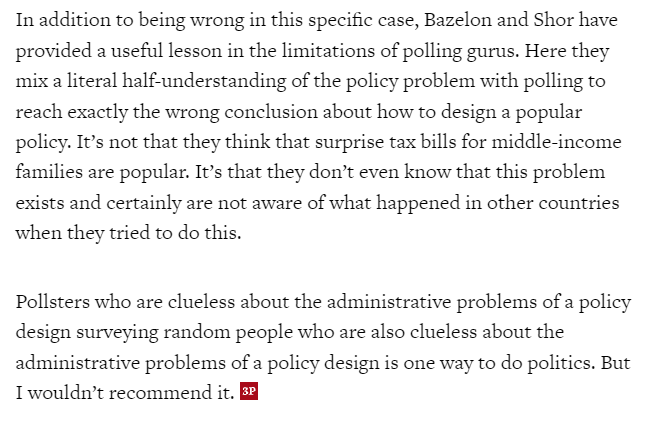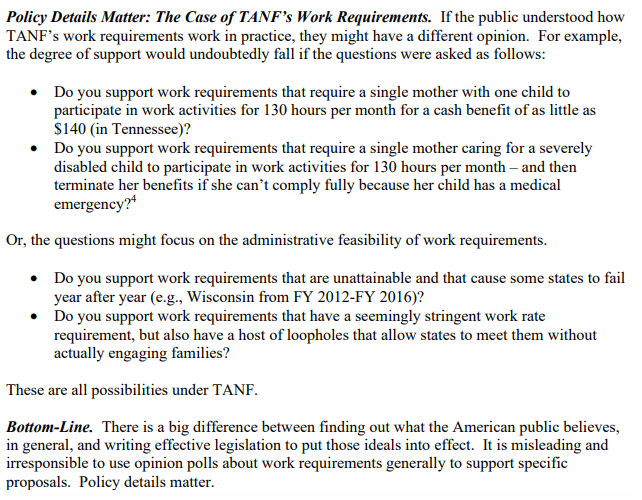
Feels like we are all discussing what pieces of the Reconciliation Bill can be cut. But, especially after last Friday's job report, Congress should be looking for ways to put UI back in. Me at @NiskanenCenter: niskanencenter.org/congress-shoul…
With the enhanced UI ending last month, a lot of people were hoping that we'd see a big jump in September's employment numbers. We didn't.
https://twitter.com/besttrousers/status/1446453043822739457
Between this and the evidence that accumulated over the summer, it's getting hard to argue that the enhanced UI benefits were the main problem holding the job market back.
Those enhancements were always intended to be temporary. But the pandemic has shown some of the weaknesses of our current UI system that suggest we need long-term reforms.
@SecYellen and @SecMartyWalsh argued for this in an August letter to Congress: home.treasury.gov/system/files/1… 

However, UI reform wasn't included in the first draft of the Build Back Better text released last month. Now is a good time to put it back in.
Given the tight budget constraints imposed on reconciliation process, we might not be extend the enhanced benefits further.
But there's a lot Congress can do to increase the functioning of UI, both in the short term and in the long term.
But there's a lot Congress can do to increase the functioning of UI, both in the short term and in the long term.
1.) We should help states do major overhaul of the computer systems used to verify and process UI.
This was a huge problem at the beginning of the pandemic.
50 year old code couldn't effectively deliver benefits to people, nor could it be modified easily (for example, to set wage replacement to 100%).
50 year old code couldn't effectively deliver benefits to people, nor could it be modified easily (for example, to set wage replacement to 100%).
And some states have systems that appear to have been deliberately designed to malfunction: politico.com/states/florida…
2.) We should reform the eligibility rules
One of the major successes of the CARES Act was the Pandemic Unemployment Assistance program, which provided UI benefits to people who would normally be ineligible.
This includes folks who are self employed, gig workers, and people with limited work history.
This is a growing population of folks who can't access UI under normal conditions. That makes it harder for people to start new businesses, or work freelance jobs.
We want that to be an option for folks!
We want that to be an option for folks!
@MichaelBennet and @RonWyden have proposed a permanent $250 week "job seeker's allowance" for people who do not qualify for regular UI bennet.senate.gov/public/index.c…
A change like this helps fill in some of the gaps of the current UI program.
3.) Finally, we should try to standardize UI replacement rates across states
As I pointed out last year, states do not just differ on the generosity of their UI programs, but they calculate UI benefits in wildly different ways.
https://twitter.com/besttrousers/status/1287171101395746816
This complexity made it hard for federal legislators to adjust generosity during the pandemic, and just makes UI benefits hard to understand in general. People can't say with much reliability how much their UI payments will be.
We should look for ways to standardize the way states calculate benefits, even while allowing some variance in replacement rates.
There's a lot more that could be done - I think of the three as "minimum viable product" for UI reform. It's the bare minimum for having an effective UI program for the 21st century.
• • •
Missing some Tweet in this thread? You can try to
force a refresh







